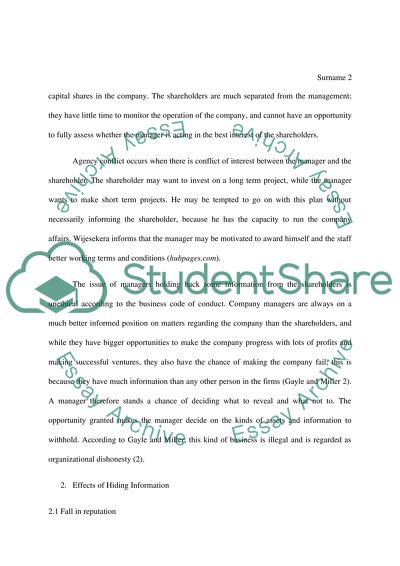Cite this document
(“Ethical Assignment Example | Topics and Well Written Essays - 1000 words”, n.d.)
Ethical Assignment Example | Topics and Well Written Essays - 1000 words. Retrieved from https://studentshare.org/finance-accounting/1624405-ethical
Ethical Assignment Example | Topics and Well Written Essays - 1000 words. Retrieved from https://studentshare.org/finance-accounting/1624405-ethical
(Ethical Assignment Example | Topics and Well Written Essays - 1000 Words)
Ethical Assignment Example | Topics and Well Written Essays - 1000 Words. https://studentshare.org/finance-accounting/1624405-ethical.
Ethical Assignment Example | Topics and Well Written Essays - 1000 Words. https://studentshare.org/finance-accounting/1624405-ethical.
“Ethical Assignment Example | Topics and Well Written Essays - 1000 Words”, n.d. https://studentshare.org/finance-accounting/1624405-ethical.


